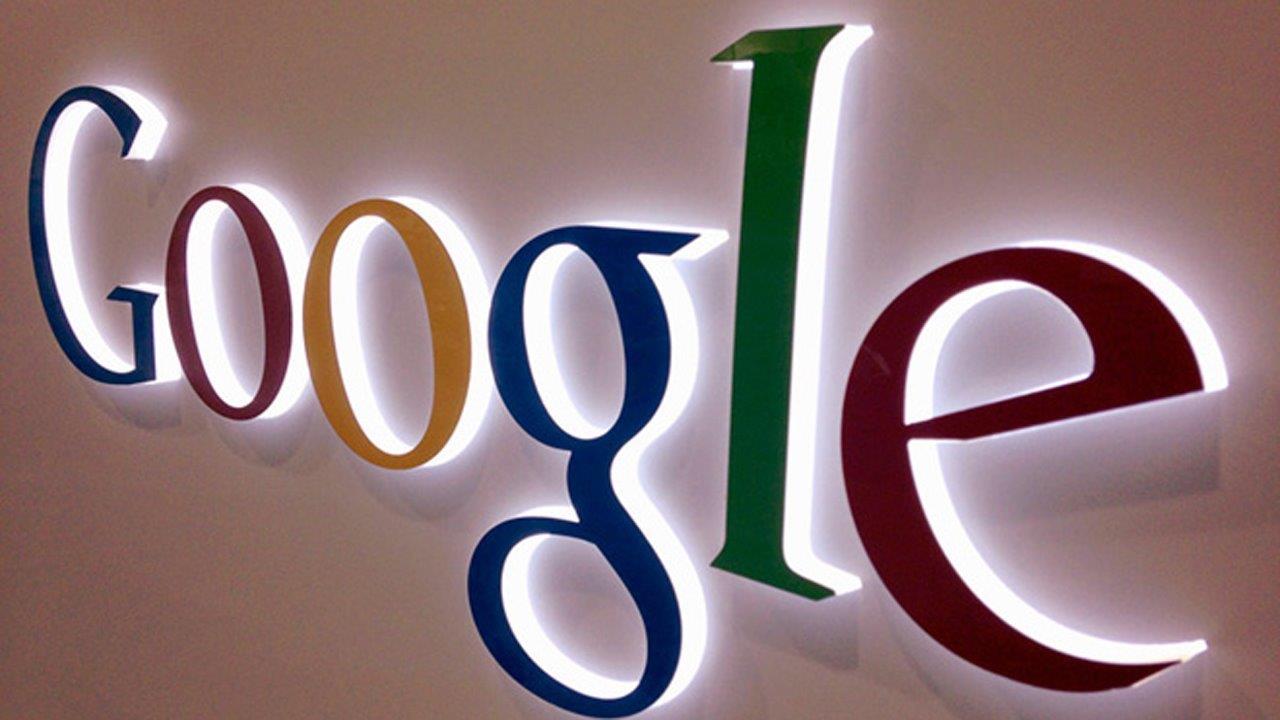EU hits Google with record $2.7b antitrust fine
The European Union's antitrust regulator on Tuesday fined Alphabet's Google a record EUR2.42 billion ($2.71 billion) for favoring its own comparison-shopping service in search results and ordered the search giant to apply the same methods to rivals as its own when displaying their services.
The decision, which comes after seven years of legal wrangling and can be appealed to EU courts, could force Google to reshape the way it presents search results for products in Europe. It could also lead Google to make broader changes because it sets precedent for other search services, such as travel and maps, which the EU is also scrutinizing.
"Google abused its market dominance as a search engine by promoting its own comparison shopping service in its search results, and demoting those of competitors," said EU antitrust chief Margrethe Vestager. "What Google has done is illegal under EU antitrust rules."
Google general counsel Kent Walker said the company will review the decision and consider an appeal, adding that "we respectfully disagree with the conclusions announced today."
In its decision, the EU detailed what it said were years of abuses, including demoting the results of rivals and artificially promoting its own shopping service above all other results. Those changes led to what the EU said was a 45-fold traffic increase in the U.K. and a 35-fold increase in Germany, with drops of traffic to rivals of 85% in the U.K. and 92% in Germany.
In response, the EU more than doubled what had been the bloc's previous record penalty for a company allegedly abusing its market position-- a EUR1.06 billion fine on Intel in 2009.
The EU also ordered Google to treat rival comparison-shopping services equally in its search results. Google has 90 days to end the conduct and explain how it will implement the decision, or face additional penalties of up to 5% of average daily global revenue, the EU said.
The big fine and broad remedy order mark a major escalation in Brussels' fight over whether the Mountain View, Calif., company has used its dominance in markets stretching from online ads to mobile-phone software as a cudgel to promote its own services at the expense of competitors.
Tuesday's decision is the first of three separate advanced investigations by the commission into Google's practices. The EU is continuing to probe Google over its Android mobile operating system and its Adsense advertising service.
The first decision now opens a new chapter in the drama that will likely play out in EU courts for years to come. At the heart of that litigation will be whether the EU can make stick its the novel case that a dominant firm cannot favor its own services above those of competitors--something that could end up affecting other big tech firms as well.
The EU's move highlights divergence with U.S. regulators in their approach to Google. The Federal Trade Commission closed its own probe into Google's search practices in 2013 after the company agreed to voluntary changes, though some firms have been lobbying U.S. regulators to pick the case back up.
Tuesday's decision will also likely renew complaints from U.S. firms that they are being unfairly targeted in the EU, something European officials strenuously deny. U.S. companies are under scrutiny in Europe for their tax affairs, as well as for their privacy practices, leading to decisions against firms like Apple Inc. and Facebook Inc. Google, for instance, this week faces a hearing in France over that country's order to apply the EU's "right to be forgotten" from search engines globally--not just for searches in the EU.
Initially, Google and the EU attempted to settle the antitrust case without lengthy litigation of formal charges. Google proposed three separate sets of remedies over more than four years, going so far as to redesign some of its search-results pages. But in the end, under intense political pressure from Germany and France, the EU's executive arm rejected those settlement offers as insufficient, and issued formal charges that could lead to legally binding changes to how it and other companies operate.
The possibility of a prolonged antitrust battle in some ways resembles--and is the outgrowth of--the fight a decade ago between the EU and Microsoft. The software maker eventually was fined a total of EUR2.2 billion in decisions that accused Microsoft of abusing the power of its Windows operating system. Then Microsoft turned around and lobbied the EU heavily to open some of its initial investigations into Google, which was then ascendant.
But the two companies--each with new CEOs--last year agreed to bury the hatchet, after Microsoft withdrew from some of the main groups of complainants against Google.
News Corp, owner of The Wall Street Journal, has also formally complained to the EU about Google but over the company's handling of news articles on its search service, not the shopping service.
Write to Natalia Drozdiak at natalia.drozdiak@wsj.com and Sam Schechner at sam.schechner@wsj.com




















